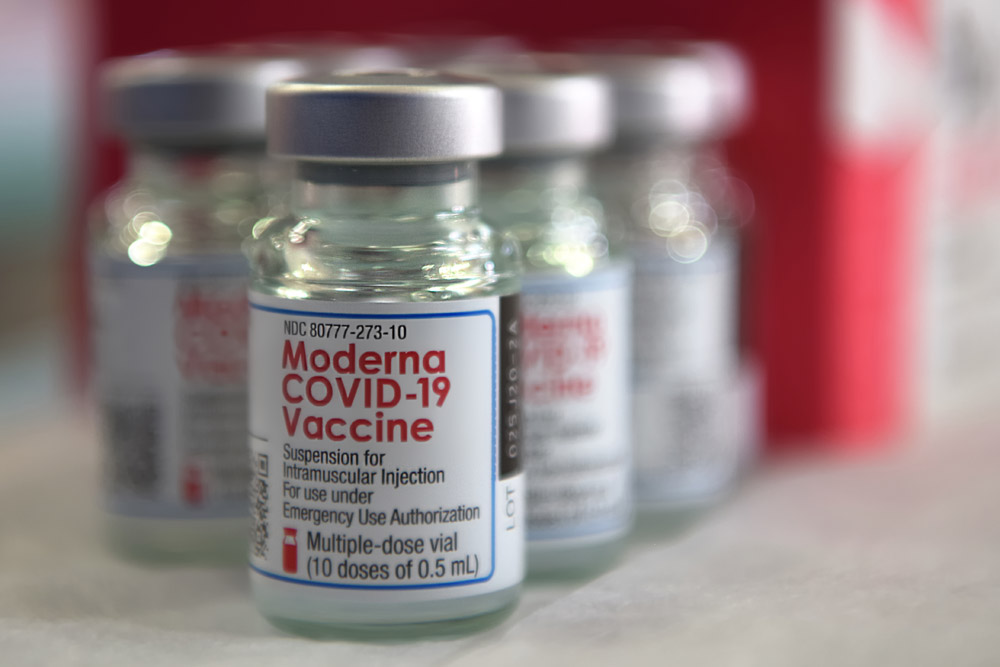How Can They Do That?

(U.S. Air Force photo by Airman 1st Class Anna Nolte)
Moderna has announced an increase in the price of their m-RNA vaccine against SARS-CoV-2 from the $26 per dose that the government has been paying to something like $130 per dose. This will affect insured people only indirectly, increasing their insurance companies’ costs, but the uninsured will pay the whole price.
Much of the research the m-RNA vaccines are based on was done under government grants or contracts, in government laboratories. The government guaranteed an initial market. So why is Moderna setting the price?
The answer to that question goes back to the Bayh-Dole Act of 1980.
Before 1980, organizations that hired people to do research and development routinely required, as a condition of employment, that the employee assign any patents they might get to the organization. This was the case throughout the government. I obtained three patents for work I had done and assigned those patents to the US Government.
Toward the end of the 1970s, there was a push to make research pay for itself. One way to do that would be to develop those patents into marketable commodities. There were a few difficulties with that. One was that a purpose of patenting within the national laboratories was to assert first discovery. It didn’t matter whether the discovery could be commercialized. There had been some infighting among Manhattan Project folk over such things. Of course Ed Teller was involved.
Another difficulty, industry (including Pharma) said that it was not worth their while to develop government or university patents that often required granting non-exclusive licenses. Without an exclusive license, they said, they could not recoup their development costs.
I think there may have been some truth to this claim. The Act was bipartisan – Bayh a Democrat and Dole a Republican. The act allowed corporations to hold patents on work done by the government. It was part of the general deregulation sense of that time.
I haven’t followed whatever modifications may have been made to the Act. Big Pharma has obtained many patents that were developed through government funding. They have found ways to tweak drugs just slightly (insulin is an example) to add patents and thus the lifetime of their monopolies. I am sure the same will ensue with the m-RNA vaccines.
Some of the details of what Moderna is doing are here, but what makes that possible is the Bayh-Dole Act.
Cross-posted to Nuclear Diner
